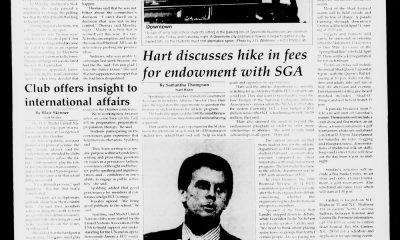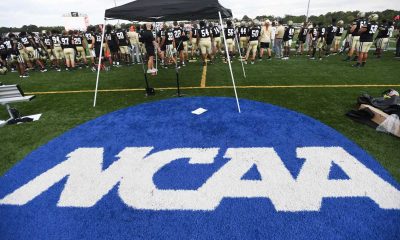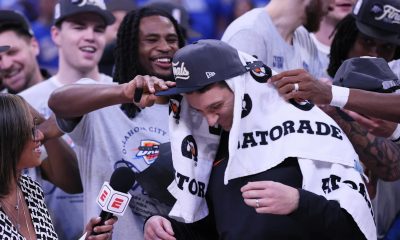Johnson, longtime Atmore youth sports advocate, passes away
Published 1:27 pm Friday, June 20, 2025

- Murray Johnson (far left) is shown with his family during the Atmore Area Chamber of Commerce’s annual meeting, along with his family. | File photo
The city of Atmore will never be the same.
Atmore Cal Ripken League President and Johnson Insurance Owner Murray Johnson passed away Wednesday night in his home with his family by his side. He was 86 years old.
Johnson led the Atmore baseball league for 50 years. He was the Babe Ruth League district commissioner for Area 10 for the last 52 years.
Family, friends and colleagues said Johnson helped and touched many lives.
Willie Farrell worked for Johnson for more than 25 years in maintenance.
“The only thing I can say about Mr. Murray is that he was a good person, a good man,” Farrell said. “Mr. Murray looked out for me. One time, he helped me out. He looked out for me.”
One thing that friends said of Johnson was that he had a keen sense of humor.
Mary Hooks, whose family knew Johnson for some 40 years, said her grandkids played ball for the city league.
She recalled a funny story about Johnson.
“You know they charged everybody to come in the game,” Hooks said. “He said, ‘you got all that money, and you don’t want to pay.’ I told him, ‘I have all of my grandkids playing here, you should pay me back.’
“He said, ‘Mary, take your ass on in,’” she said. “He didn’t charge me from then on.”
Those who worked with Johnson said he helped a lot of people.
District 5 Councilmember Chris Harrison said Johnson did a lot for his family and children, Meredith, Harper and Riley.
“He taught me a lot about baseball, and helping kids, and even helping the kids sometimes that couldn’t afford to play,” Harrison said. “He always ensured everybody had an opportunity to be a part of it. He was a big reason I got into politics. I started coaching in 2010, and just over those two years, and running up to the 2012 election, we talked and I expressed some things. He encouraged me to step up and try to help the community.”
Harrison was a board member for the baseball league for 10 years. He said Johnson put the kids first.
“Always watching him, he always told me; and I might get upset about something, and he would say, ‘Chris, it doesn’t matter. It’s about the kids.’ He said ‘everything’s abut the kids.’
“He was just an advocate for youth and youth sports, and liked to see kids get out and be active,” he added. “The city of Atmore is really gonna miss him in everything he did.”
Melvin Middleton, who has been the city’s part time recreation director for 48 years, said he admired Johnson for his work with the baseball league.
“Everybody would associate him with Babe Ruth baseball,” Middleton said. “I don’t think anybody else would do the years he had done, being out there every day and night.”
Middleton said Johnson made sure all of the kids playing in the program were safe.
“My kid was raised out there when she was little,” he said. “It was a real family atmosphere.”
Former Escambia County High School football coach Buck Powell said he first met Johnson while a coach at Century, Fla.
“When I was at Century the last three years, we lost one ball game,” Powell said. “That attracted Murray to come over and watch me coach. He asked me then would I be interested in the Atmore job. I told him I’d seriously consider it. He was instrumental in me being in Atmore.
“He’s (Johnson) hard to turn down,” he quipped.
Powell said Johnson was a central figure in the school’s quarterback club.
“I know he went to all of the ball games,” he said. “He was also head of the 1-cent city sales tax in Atmore. He made a lot of decisions where that money went. One of the things it went to was the new athletic department (at ECHS), the metal building. When I got there they were dressing in the gymnasium.”
Powell said the 1-cent sales tax went directly back to the Atmore-area schools, including Huxford Elementary School.
“Murray was a great supporter of all the schools in Atmore,” he said. “He may have gotten too involved. He wanted things the best the city could provide.”
Powell said Johnson’s main love was baseball, but his biggest love was the city park. During a recent Atmore City Council meeting, the city approved a measure to name the baseball fields at Tom Byrne Park the Murray Johnson Baseball Complex.
“He took care of that park, he took care of young kids,” Powell said. “My son was one of them that went through that program. He just loved Atmore. He loved those kids, and would do anything in the world for them.”
Former player Steve McGill said Johnson was determined, relentless and caring.
“He had a lot of determination and had a relentless pursuit for the Atmore little league,” McGill said. “He put forth the effort and worked hard. Murray was a big part of my life, because I played little league when he first came here. Murray had a big input in my life because he was determined to get this league going, which he did. He was relentless in his pursuit that it succeeded. He cared about the people, he cared about the guys who played, not just myself.”
Alabama Babe Ruth Baseball State Commissioner Tony Hendrix said Johnson was most importantly, a friend.
“You can call Murray anytime day or night,” Hendrix said. “If he didn’t answer, he’d call you back. He was somebody you could trust. He had enough experience that he could look at both sides of an issue.”
One thing people said about Johnson is that he’ll be missed.
“To say I’ll miss him won’t begin to cover it,” Atmore Public Library Director Hope Lassiter, who worked for Johnson at the park’s concession stand, said. “He didn’t have to love all of us the way he did, but he chose to. And that choice changed so many lives.”
According to family members, a celebration of life for Johnson will be held on Sat., June 28, at First Baptist Church of Atmore. Visitation will be held from 1:30 p.m. until service time at 3 p.m.
Johnson will be buried at Magnolia Cemetery in Evergreen.



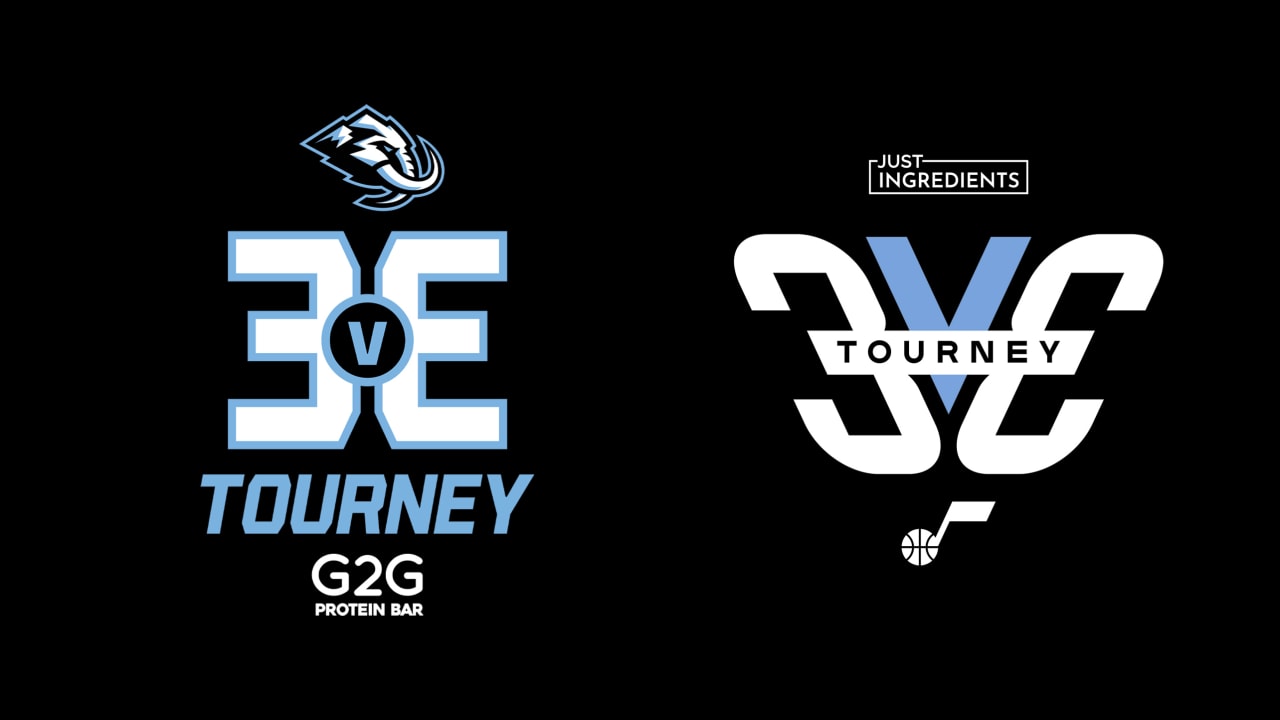



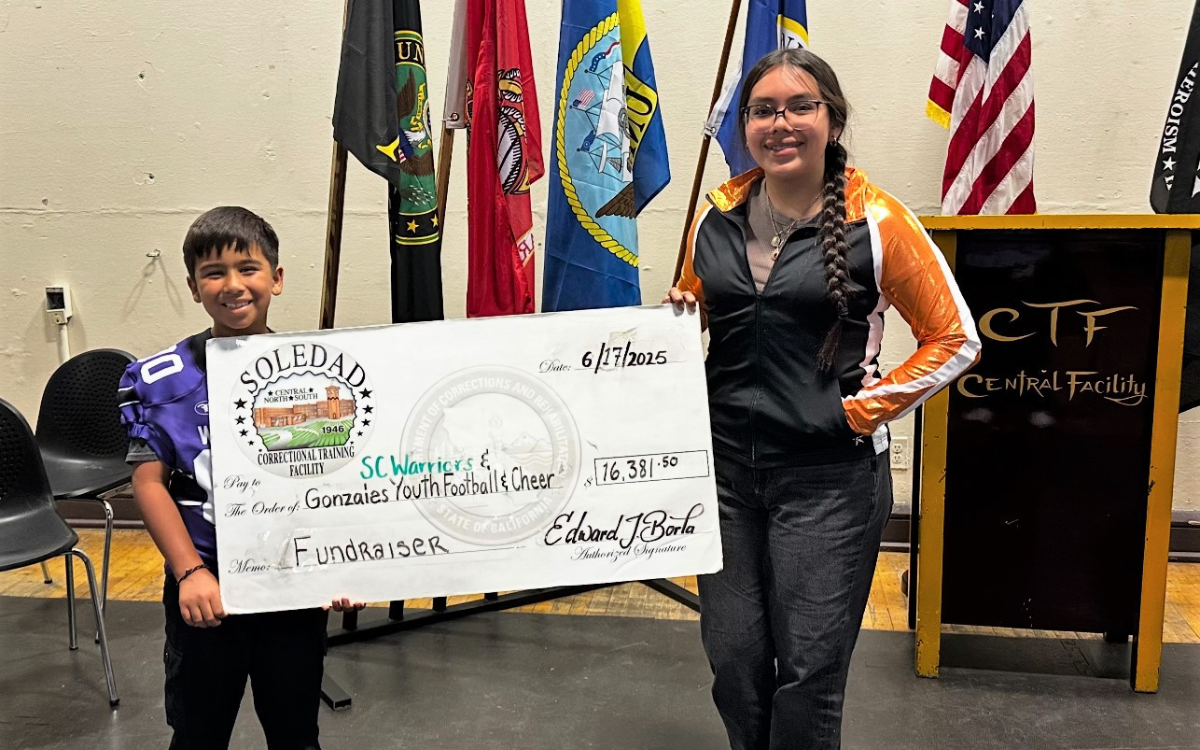
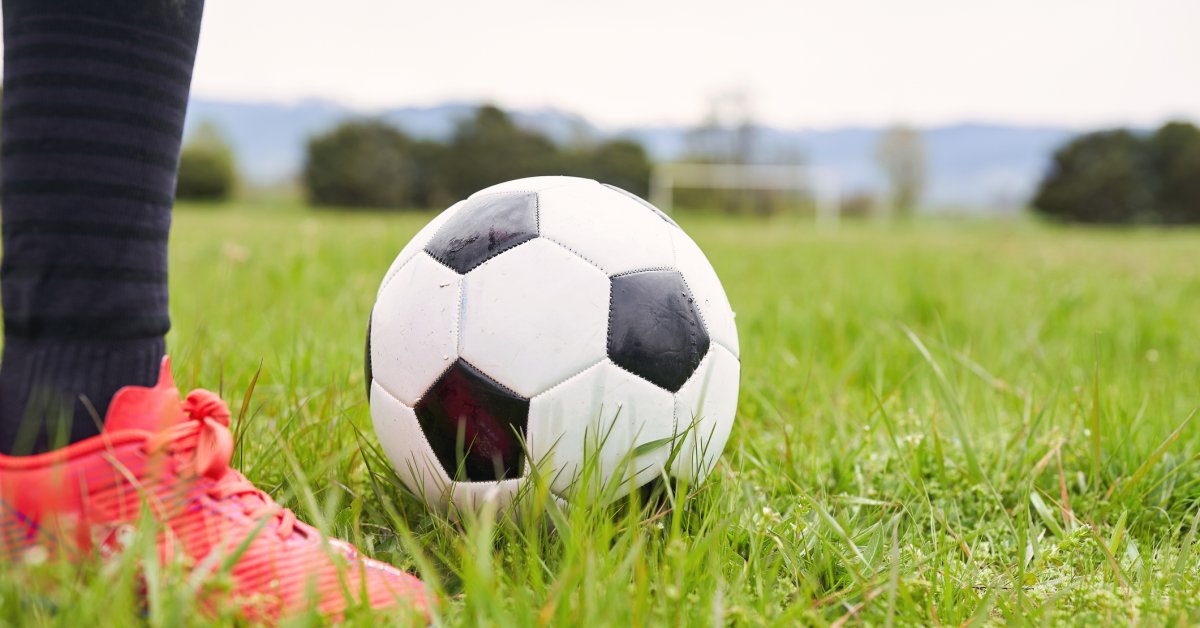












 (via @Amburglar/TT)
(via @Amburglar/TT)
























